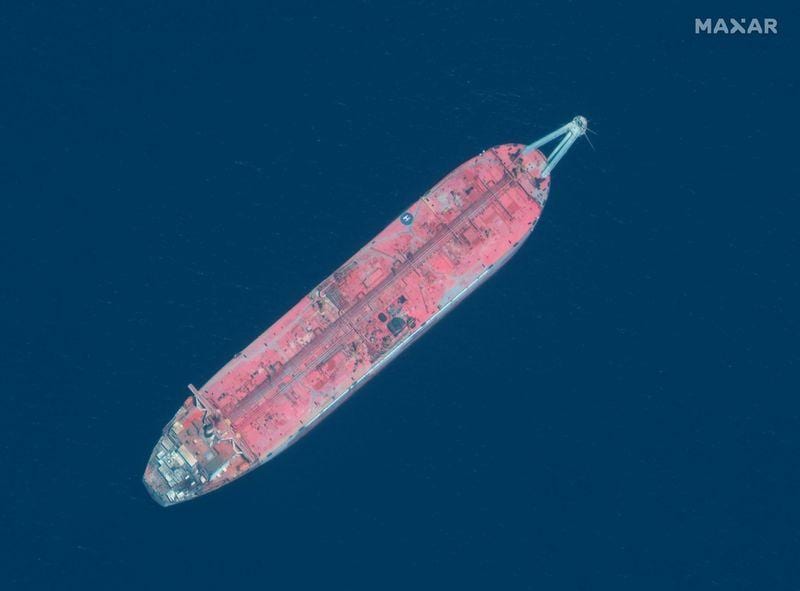Salvage Industry Showed Signs of Recovery in 2024
The International Salvage Union (ISU) has released its annual statistics for 2024, revealing a modest recovery in the salvage industry compared to past years with gross revenue for ISU members...

The Netherlands’ Government says it is pledging an additional $7.5 million to the UN for the salvage of the floating oil storage tanker FSO Safer in the Red Sea off Yemen’s coast.
The abandoned tanker, which is an advanced state of decay, is holding over a million barrels of oil and threatens an environmental and humanitarian catastrophe should it break apart or explode, potentially resulting in an oil spll four times the amount of the Exxon Valdez incident in one of the world’s busiest shipping lanes.
The United Nations and environmental groups have been calling attention to the threat for years, but inadequate funding and politics has prevented an operation to remove oil from the stricken vessel. The United Nations has been hosting a fund raising effort seeking to raise $80 million for the emergency operation, but was last reported to be about $12 million short.
To help close the funding gap, the government of the Netherlands says it will release an additional 7.5 million euros, on top of an initial 7.5 million euros announced last May, that will allow the recovery efforts to begin.
“Normally, as minister, it’s my job to deal with the repercussions of disasters. But in this instance we have a chance to prevent a disaster. The Safer is a ticking timebomb. We need swift action,” said Netherlands’ Minister for Foreign Trade and Development Cooperation, Liesje Schreinemacher. “It’s encouraging that so many countries have pledged their financial support. Thanks in part to the Netherlands’ contribution we now have the necessary funds to start salvaging the vessel. Obviously, all the other parties will have to follow through on their pledges as well. The Netherlands stands ready to help the UN start this operation as soon as possible.”
According to the UN, the FSO Safer, originally built in 1976, is holding 1.14 million barrels of light crude oil and moored 4.8 nautical miles off the coast of Hodeidah, Yemen. Operations have been suspended since 2015 following the state of the war in Yemen, causing the structural integrity of the vessel to significantly deteriorate.
The UN is leading the FSO Safer rescue effort, which would involve an initial four-month emergency salvage operation that will involve transferring oil from the vessel to another temporary vessel. This would be a long-term replacement vessel with 18 months.
The Netherlands, as you be aware, is home to some of the world’s leading salvage companies.
In March, Yemen’s Houthi movement signed an agreement with the UN that would allow the transfer of oil from the ship.
An oil spill from the vessel would not only result in environmental and coastal impacts, but also cut off food, fuel and life-saving supplies to Yemen where 17 million people are already in need food aid. The local fishing industry would also be devastated by an oil spill, threatening fish stocks and hundreds of thousands of jobs. The cost of cleanup alone would be $20 billion, according to the UN.
“Beyond the human suffering and environmental damage, such an accident would also seriously disrupt international shipping – including the port of Rotterdam – and with it, global commerce,” said Minister Schreinemacher.

Sign up for gCaptain’s newsletter and never miss an update

Subscribe to gCaptain Daily and stay informed with the latest global maritime and offshore news


Stay informed with the latest maritime and offshore news, delivered daily straight to your inbox
Essential news coupled with the finest maritime content sourced from across the globe.
Sign Up